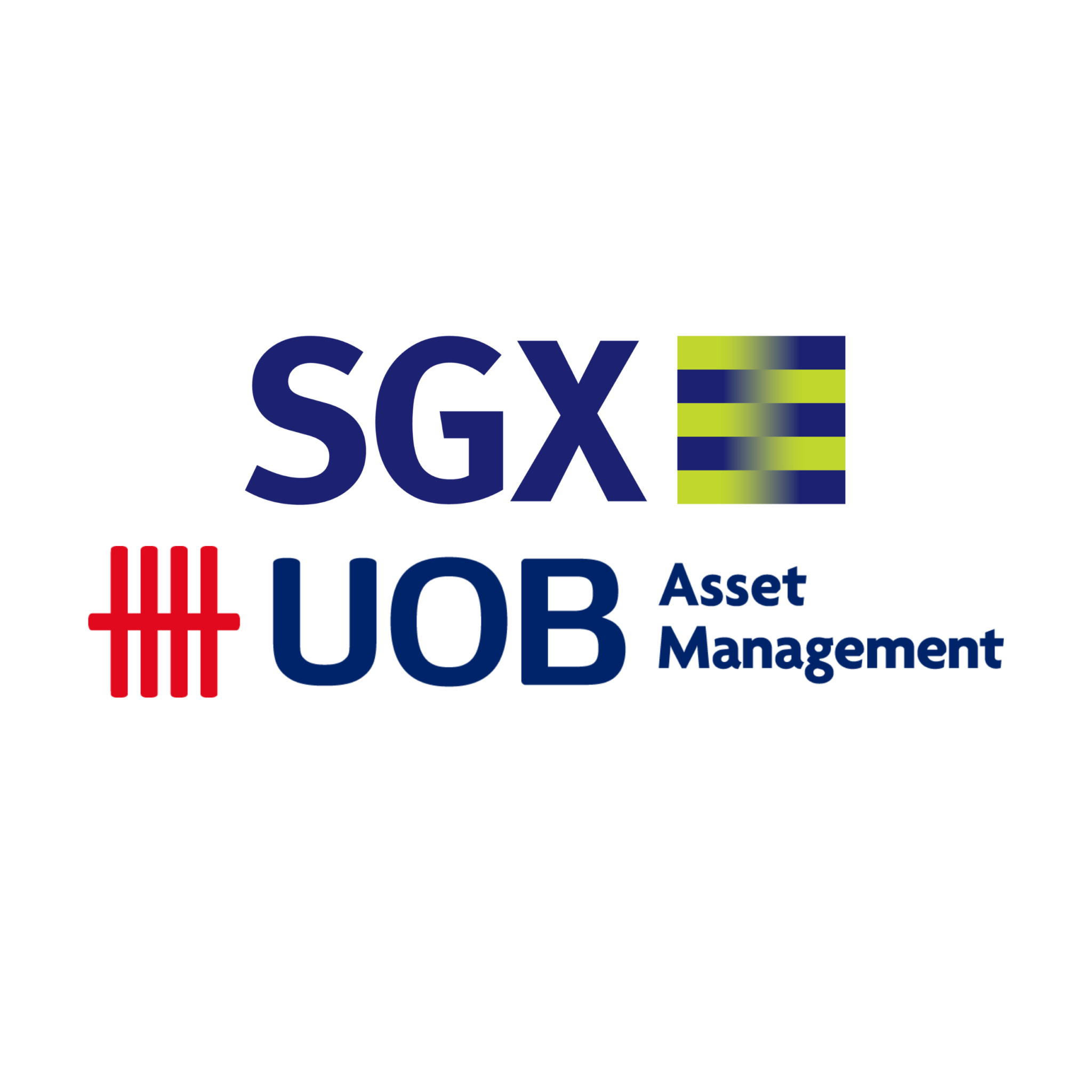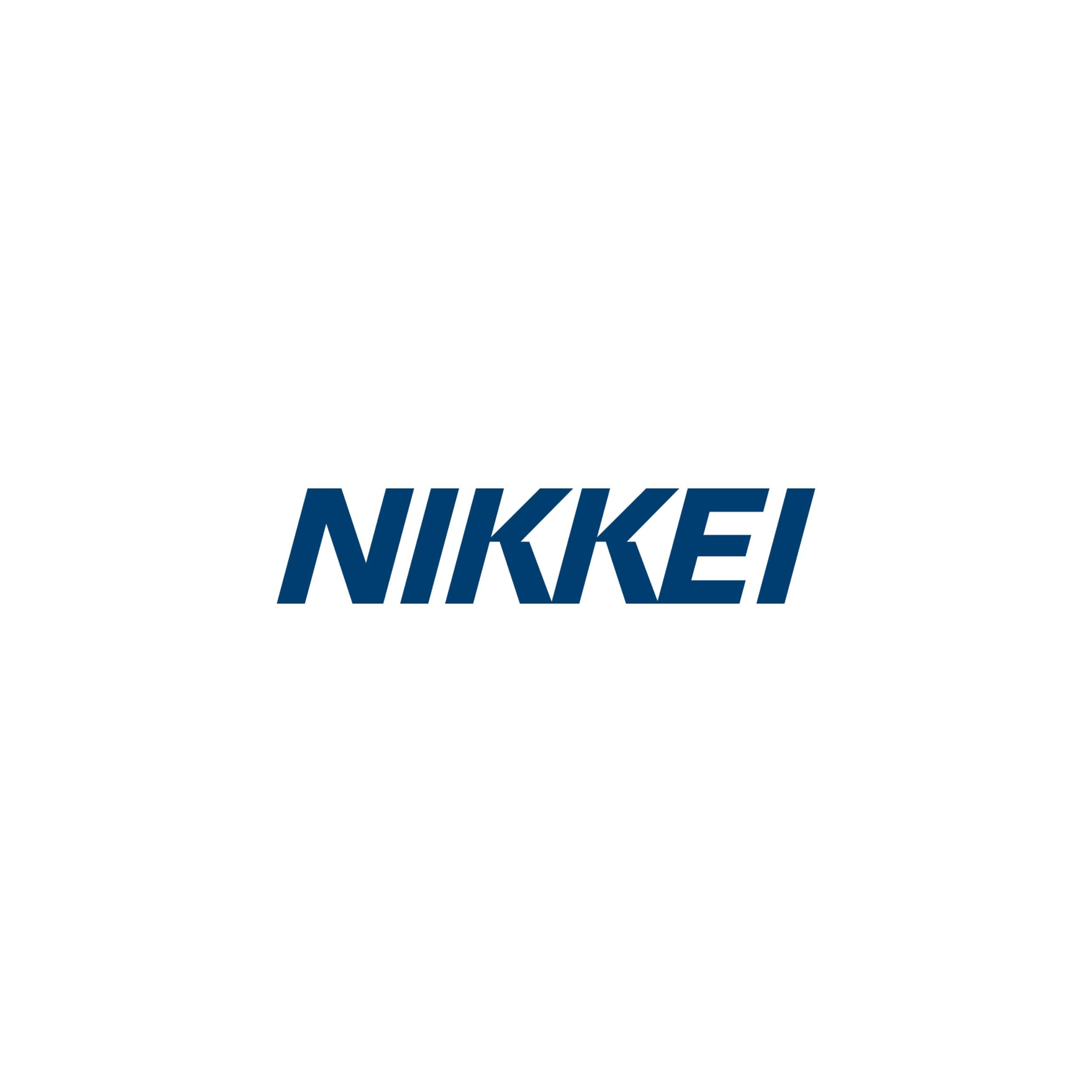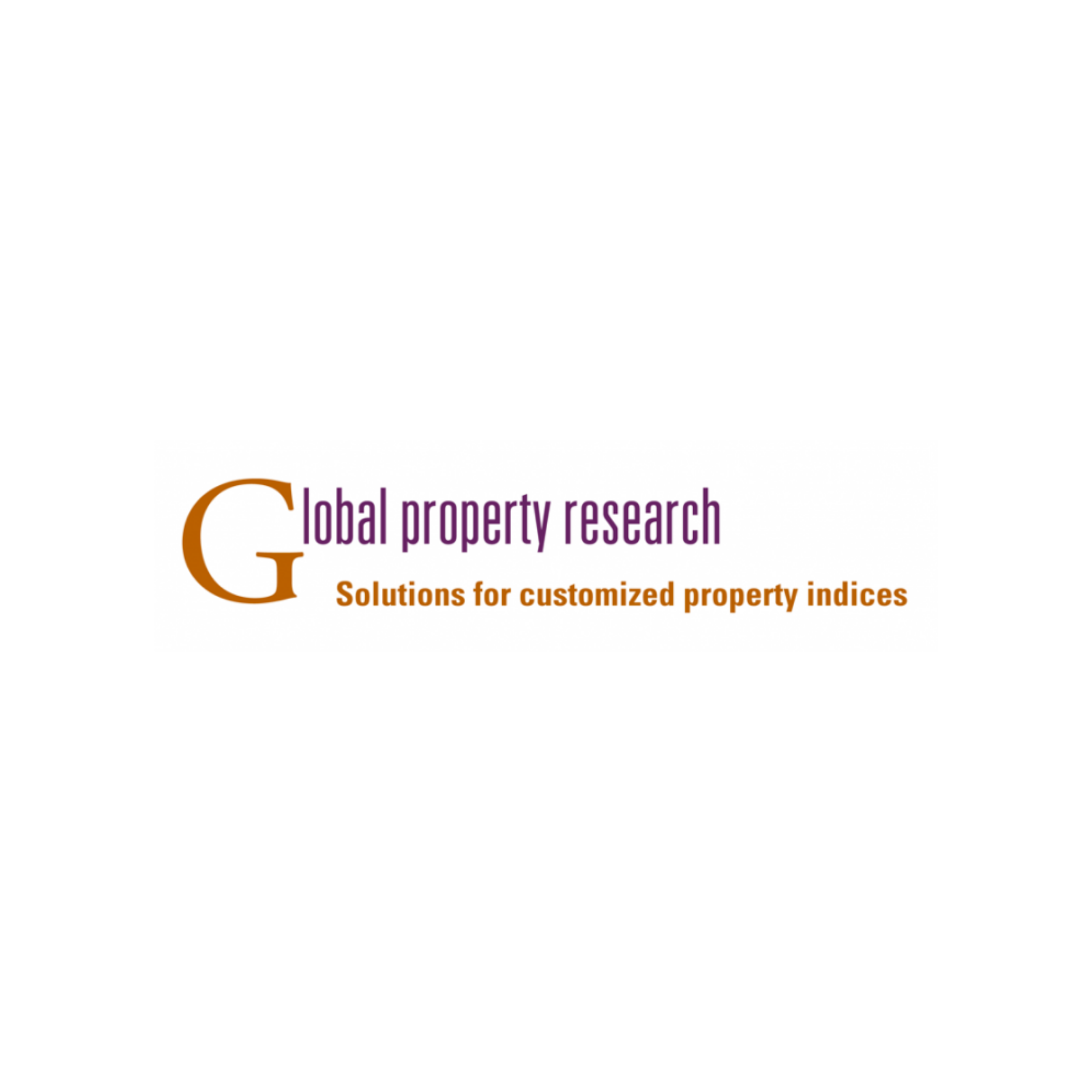ESG indices (or green indices) provide a comprehensive framework for evaluating and identifying companies based on the sustainability of their business practices. Financial institutions that create these investment tools often turn to GRESB to provide the underlying ESG data of listed real estate and infrastructure companies.
GRESB has become the partner of choice for many ESG indices because of its unparalleled coverage, providing reliable and standardized data to help investors make informed investment decisions. An index provider typically selects companies from GRESB’s benchmarks with high ESG scores and a track record of improving its sustainability performance.
Once an index is established, a green exchange-traded fund (ETF) sponsor will design and manage an ETF that tracks the ESG index, often weighting companies based on their overall GRESB scores. This provides investors with a convenient and cost-effective way to invest in companies that prioritize sustainability, without having to invest in individual companies or conduct extensive research.
How an ESG index is born with GRESB
SGX (the Singapore Exchange) and UOB Asset Management collaborated in 2021 to create an APAC-wide green REIT index based on regional GRESB scores.
The index covers 50 higher-yielding REITs with better-than-typical environmental performance that meet liquidity requirements that are listed in Australia, China, Hong Kong, India, Japan, Malaysia, Singapore, South Korea, Taiwan, and Thailand.

To be included in the index at launch, a REIT needed to:
- Be listed on a recognized stock exchange in the APAC region
- Meet liquidity requirements and have a minimum market cap of USD 800 million
- Have a Public Disclosure Score from GRESB and be rated above Level E
- Meet a dividend yield threshold
Each constituent of the index is weighted by its free-float market capitalization and its relative GRESB Score. Learn more.
Research shows that companies with strong ESG profiles can have better long-term financial performance and lower risk than those that don’t, and ESG indices can help elevate and shine a light on listed companies that align with the values and objectives of investors.
Other examples of ESG indices that leverage GRESB

The Global Listed Infrastructure Organisation (GLIO), GRESB, and Global Property Research (GPR) launched the “GLIO/GRESB ESG Index” in 2021. The combined ESG Index serves as the basis for institutional asset mandates, as well as exchanging traded funds. By using GRESB’s annual infrastructure Public Disclosure scores, the index weights constituents and evaluates the transparency of sustainability disclosures. Learn more

Nikkei has launched its new green real estate index, “Nikkei ESG-REIT Index,” which uses GRESB’s ESG ratings to weigh ESG performances of the REITs included in the index. This helps to promote higher-scoring REITs, giving them increased weights in the index. Learn more

Global Property Research (GPR) has created three index series containing real estate companies. The index constituents weights are determined by the company’s ESG performance, which is measured by GRESB scores. Higher-scoring companies receive increased weights. Learn more

In collaboration with GRESB, S&P Dow Jones has launched indexes that weigh real estate investment trusts, in accordance with GRESB data. Using GRESB’s proprietary scores, existing REIT indexes are re-weighed for investors and fund sponsors focused on sustainability. Learn more

Reitsmarket global sustainable REIT’s index uses GRESB ESG Public Disclosure data.

Alongside GRESB, Northern Trust Asset Management has launched a real estate fund that tracks sustainability, available to investors using the Northern Trust Asset Management vehicles. The fund allows passive investors to benefit from the long-term returns associated with listed real estate companies, as well as practice sustainable investing principles. Learn more
Contact us to learn more
"*" indicates required fields